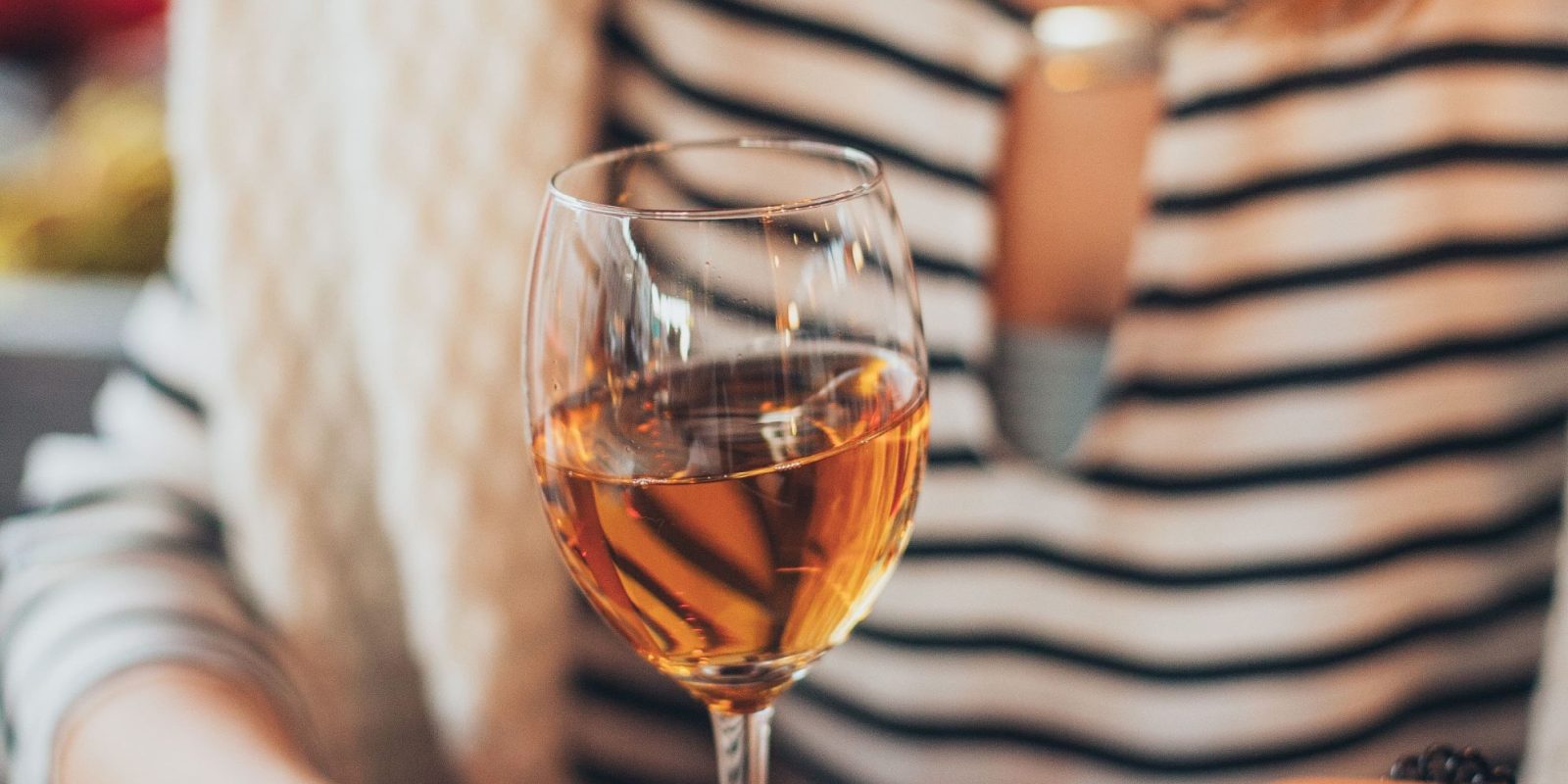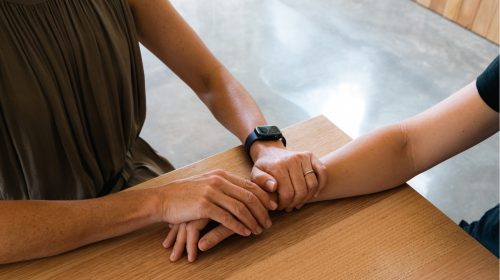Many of us reach for a glass of wine, maybe two, at the end of the day, as a way of coping with stress; a way to take the pressure down a couple of notches. But how do you know when that glass of wine, or something else, is doing you more harm than good ? How do you know when a harmless habit become a vice?
When it comes to coping with stress, psychologist Tracey Gamble says, “Things like alcohol, drugs, binge eating, restrictive eating, gambling, gaming and social media are maladaptive strategies.”
These coping mechanisms may seem like they’re working in the short term. They have a numbing effect, making it seem that whatever stress we’re feeling has melted away.
“The problem is, these maladaptive strategies often become bigger than the issue they are supposedly solving,”
Gamble says.
Is this habit an unhelpful coping strategy?
Many people enjoy a glass of wine each night. As long as we follow the Australian guidelines to reduce our health risks, there’s generally nothing too harmful in that. But how do we know if we’re using alcohol as a coping strategy? According to Gamble, the motivation behind it is what’s important.
“Say you're going out for dinner and you’re feeling comfortable and relaxed. You're enjoying a nice meal with a friend and you have a glass of wine because you enjoy the taste. That's a really different experience to someone coming home from work stressed and opening a bottle of wine to wash away the day or having a few drinks before you go out to socialise, because it takes the edge off feeling anxious,”
Gamble says.
Raindrum’s co clinical director Dr Tonya Coren agrees, saying when these coping mechanisms become a need, that’s when they’re a problem.
“If you are saying to yourself, ‘I need this coping mechanism, I need that food to comfort me, I need the gambling or overuse of social media for escapism…’ then it becomes a dependence where you need it in order to function in your daily life,”
Dr Coren says.
Getting help
Sometimes the hardest battle is realising there is a problem, and finding the motivation to change. Dr Coren says in the first instance, it can help to make some lifestyle changes.
“See how we can make little changes with diet, exercise and sleep. At the end of the day, these three fundamental pillars are going to help improve wellbeing. If we've got those under control, then we can hopefully look all other aspects of our lives in a holistic way,”
Dr Coren says.
Dr Coren said that many people don’t realise their coping strategies are becoming a problem until they’ve reached a crisis point.
“This is unfortunate, because it means that as individuals, we aren't recognising those early warning signs,”
she says.
If we suspect we’re falling into unhealthy habits, Dr Coren believes the first port of call is to talk to someone we trust, whether it’s a friend, family member or a professional.
“A general practitioner is a really safe place where people can speak to someone who is a professional and can give them advice and direction,”
she says.
But if it has reached a crisis, it’s important to get help right away whether it’s from a psychologist, support counsellor or in extreme cases, in hospital.
“You can't do this alone, you cannot," Dr Coren stresses. "You can't fix these problems overnight. And you can't do it alone. So you really need to pull together a team of individuals to help you."



